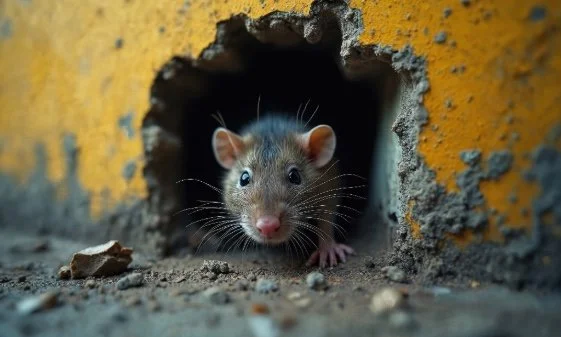
Once in a Generation, Rats Return to Mizoram’s Fields
In parts of Mizoram, farmers are experiencing a surge in rodent numbers that is damaging their crops. Large groups of rats have been entering fields and eating rice, soybeans and other produce. Many of these farmers practise jhum cultivation, which means clearing forest patches and growing crops there for one or two seasons. Rats are entering these farms, eating produce before harvest, and causing heavy financial losses for families who depend on a single yearly crop for food and income.
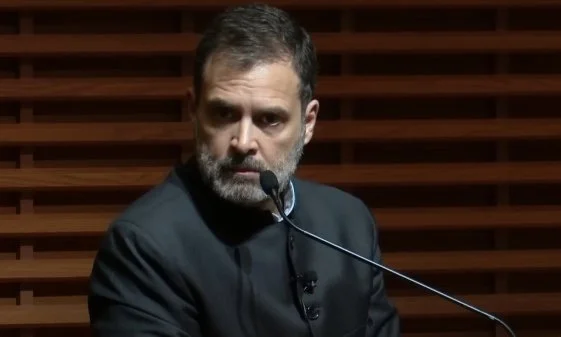
What a Televised Death Threat Against Rahul Gandhi Says About India’s Political Decline
A Bharatiya Janata Party (BJP) spokesperson has reportedly issued a death threat to Rahul Gandhi during a debate on television. The Union Home Ministry has allegedly taken no immediate action even after the opposition Congress party wrote to the Home Minister. The incident marks a sharp decline in the country’s political standards.
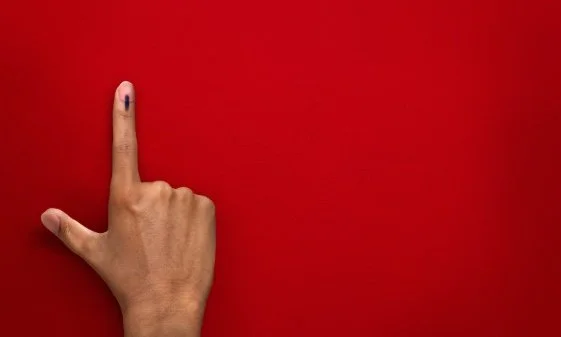
BJP Sought Deletion of 80,000 Muslim Voters in One Constituency: The Reporters’ Collective
The Bharatiya Janata Party (BJP) sought the removal of nearly 80,000 Muslim voters from Bihar’s Dhaka constituency electoral roll by claiming they were not Indian citizens, according to an investigative report by The Reporters’ Collective. The claim was made through formal submissions to election authorities during the state’s Summary Intensive Revision (SIR) of voter lists.
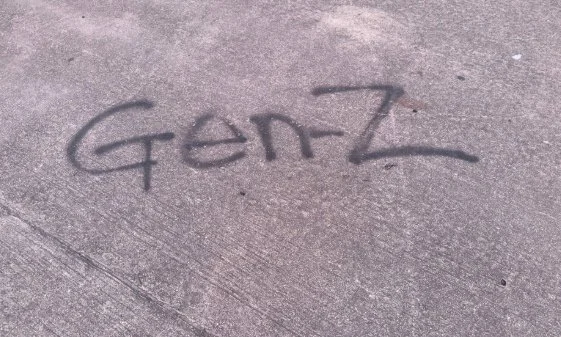
Nepal’s Gen Z Didn’t Topple the Government, But They Deserve Credit for It
Closer attention to what happened in Nepal suggests that the government did not fall solely because of the Gen Z protests, but because of the chain of events they triggered. It is crucial for Gen Z movements elsewhere to understand the role Nepal’s youth played in the change, so that their hopes are not misplaced and their decisions not misguided. The story also carries lessons for governments around the world.
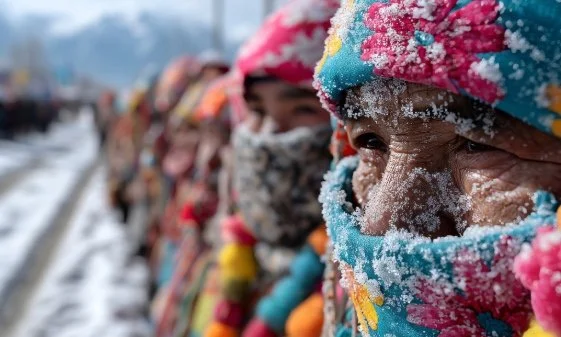
Four Killed in Ladakh Protests After Years of Unanswered Calls for Rights
Four young people were killed and dozens injured in Leh after police opened fire on youth-led protests during a hunger strike on Dept. 24, demanding statehood and constitutional protection for Ladakh, which sits at India’s Himalayan frontier, bordering China. The violence shows a serious failure of governance, where the central government’s refusal to meaningfully engage with six years of peaceful demands has now led to the breakdown of non-violent civic mobilisation.

$100,000 US Visa Fee Could Block Indian Talent. What Comes Next?
The U.S. has introduced a $100,000 fee for every H-1B visa, making it far too costly for most companies to hire Indian professionals. This puts at risk the kinds of jobs that once built careers, brought in foreign income and helped Indian firms deliver global projects. So, what we see here is that India has spent years building a workforce geared for international jobs, yet access to those jobs still depends on rules set by other countries. Could India have done more to prepare for this?
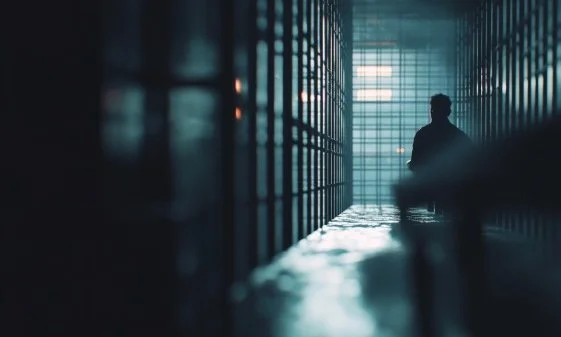
Supreme Court to Review UAPA Bail Denials in Delhi Riots Case
The Supreme Court has agreed to examine whether several individuals accused in the 2020 Delhi riots “conspiracy” case, including Sharjeel Imam and Umar Khalid, who have been in jail for over three years, should be granted bail. The Court will examine how the right to liberty should be upheld in the face of serious criminal allegations, especially under laws like the UAPA that impose strict limits on bail.
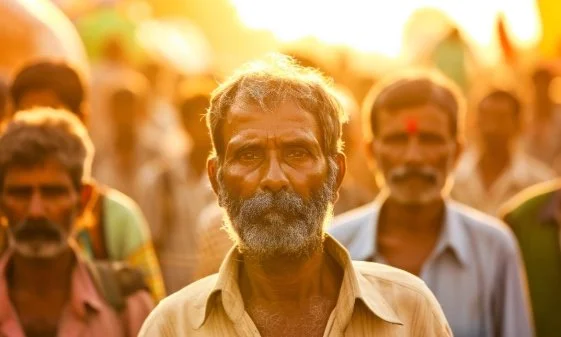
Uttar Pradesh’s Ban on Caste-Based Gatherings Could Silence the Marginalised
The Uttar Pradesh government has issued a directive banning caste-based political rallies, describing it as a step to preserve national unity and public order. However, the measure restricts democratic rights for communities that depend on public assembly to resist caste discrimination. It also represents a significant expansion of state power in ways that appear aligned with political interests.
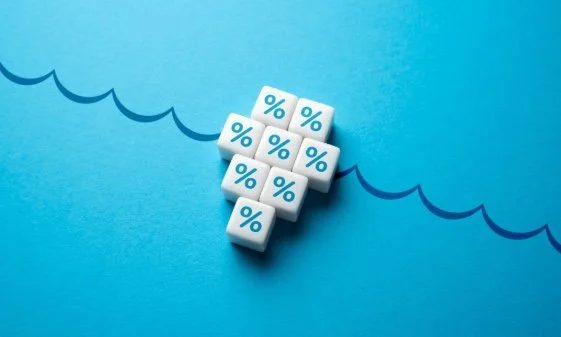
Indian States Are Drowning in Debt, Says CAG Report
A report released by the Comptroller and Auditor General (CAG) shows that India’s states have accumulated around 60 trillion (60 lakh crore) rupees in debt by 2022–23, more than three times what they owed a decade ago. It shows that many states are no longer borrowing mainly for development, but are now depending on loans just to fund their basic governance.
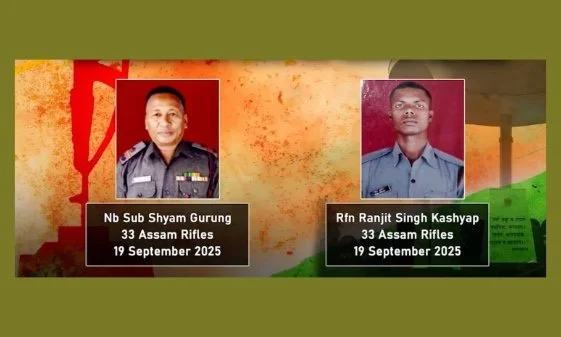
Manipur: Assam Rifles Ambush Raises Questions on AFSPA Rollback Strategy
Two soldiers from the Assam Rifles were killed and five others injured in an ambush by armed attackers on Sept. 19 as their convoy was passing through a crowded area in Manipur’s Bishnupur district, which had recently lost its designation under the Armed Forces Special Powers Act (AFSPA). The incident has exposed serious flaws in how security laws have been withdrawn from conflict-hit parts of the state.
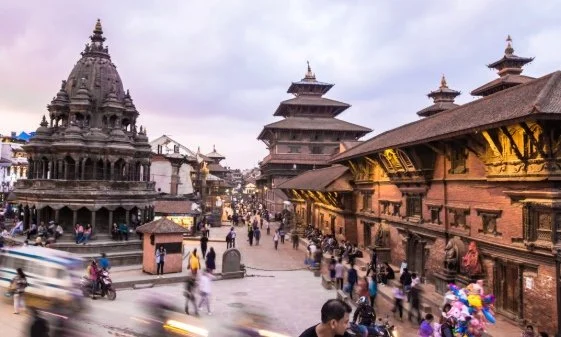
Nepal’s Gen Z Must Move from ‘Nepo Kid’ to ‘Every Kid Matters’
Nepal’s Gen Z recently led nationwide protests sparked by a ban on social media but driven by anger at corruption, nepotism and authoritarianism. The slogan “Nepo Kid” helped mobilise young people to reject inherited privilege and dynastic politics. Now that the government has been overthrown, the movement cannot remain defined only by what it opposes. It must advance a constructive agenda. One way forward is to move from “Nepo Kid” to “Every Kid Matters,” making inclusion a central demand. It is essential because the contrast between elite children and ordinary children will remain hollow unless the inequalities among ordinary children are addressed first.

Inside India’s Hidden Digital Market of Incest, Child Porn, Misogyny
On Sept. 10, an Instagram conversation with a young boy led me into a disturbing digital ecosystem where violent sexual content circulates freely. I now fear that a generation of boys may grow up normalising harmful sexual behaviour and misogyny.
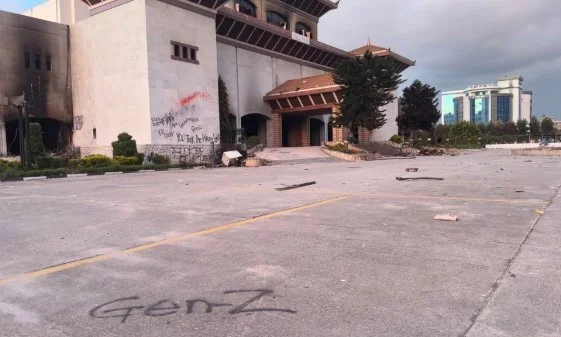
Can Nepal Break Its Cycle of Revolutions?
Nepal has recently toppled its government, the fourth such event since 1950. What matters now is recognising that these recurring storms are not caused by failed politicians alone. They come from a “state” that remains unreformed, no matter who holds power. Nepal can end its cycle of revolutions only by reforming the institutions that have blocked reform, protected the powerful and outlasted every elected government.
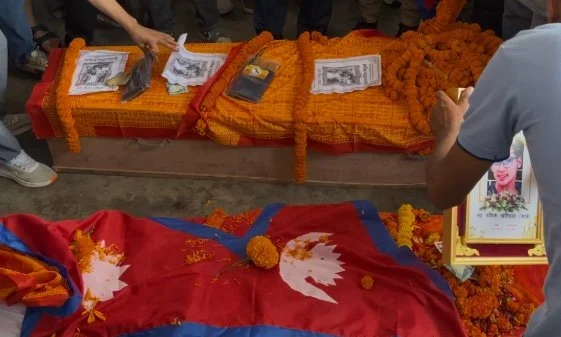
Nepal’s Rulers Paid for Seeking a Monopoly Over ‘Illegitimate’ Violence
A government does not survive by force alone, but by the public’s acceptance that it has the right to use force in the first place. Nepal’s government seemed unaware of this basic principle. The little trust that remained, already hanging by a thread, gave way completely on September 8, when police used brutal violence against young protesters. By the time ambulances began arriving with school and college students bleeding from bullet wounds to their heads and chests, the state’s claim to legitimacy was in free fall.
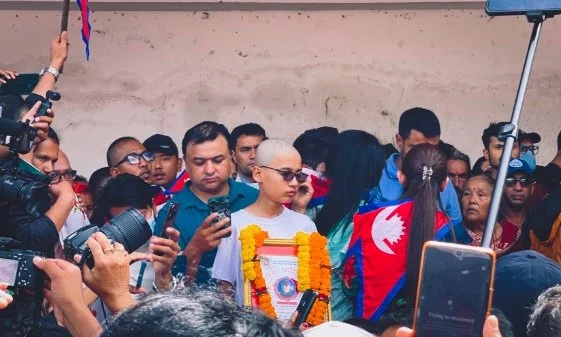
Nepal’s Gen Z Show People Hold Power Above the Constitution
In Nepal, a Gen Z movement recently brought down the government and demanded that Sushila Karki, a former Chief Justice of the country, be appointed interim Prime Minister. Although the Constitution bars anyone who has held that office from becoming head of government, the state agreed. This agreement demonstrated a core idea in political theory that the people, not the written text, are the true source of authority. It also stands as a warning to governments everywhere.
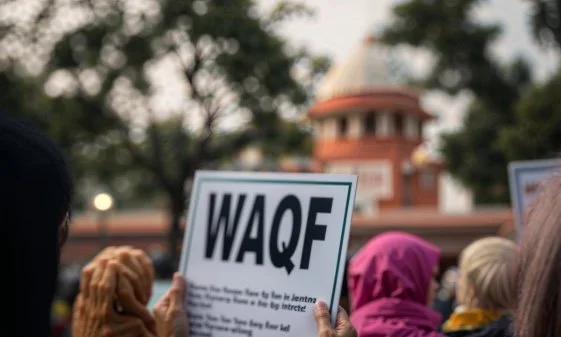
Waqf (Amendment) Act 2025 Partially Stayed by Supreme Court
The Supreme Court has temporarily blocked certain parts of the Waqf (Amendment) Act, 2025, a law that governs how Muslim religious and charitable properties are managed in India. The Court’s interim order, delivered on Sept. 14, comes in response to widespread legal challenges from political leaders and Muslim organisations. The judges noted that it is rare for courts to pause the implementation of a law passed by Parliament, and such action is taken only when there is a strong legal basis.
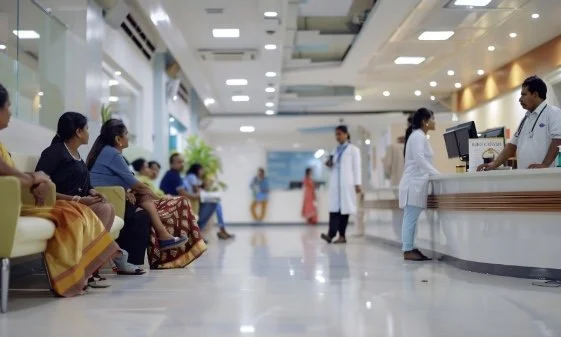
India is Falling Behind in the Fight Against Lifestyle Diseases, a Study Says
A study by The Lancet medical journal reveals a disturbing trend for India. While most of the world made progress in reducing deaths caused by non-communicable diseases (NCDs), which include diseases linked to lifestyle factors, between 2010 and 2019, India experienced a deterioration in this area compared to the previous decade. That means not only did India fail to reduce deaths as much as before, but in fact, more people were dying from NCDs during this period than should have been the case based on earlier improvements.
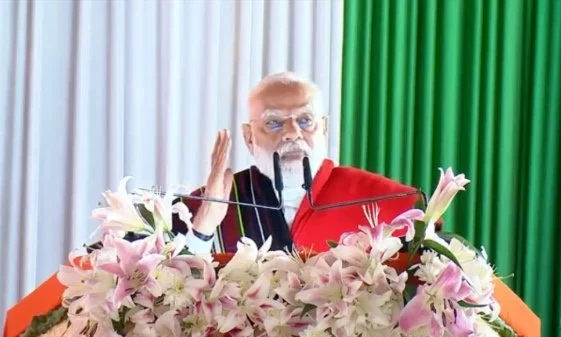
Justice Denied in Manipur, Modi Brings Development Instead
Prime Minister Narendra Modi’s visit to Manipur on September 13, more than 28 months after the outbreak of violence, offered development schemes worth over 73 billion rupees (7,300 crore). What he did not offer was the one thing most needed in the state. Justice. This reveals the Centre’s unwillingness to confront the failures of governance that enabled the violence in the first place.
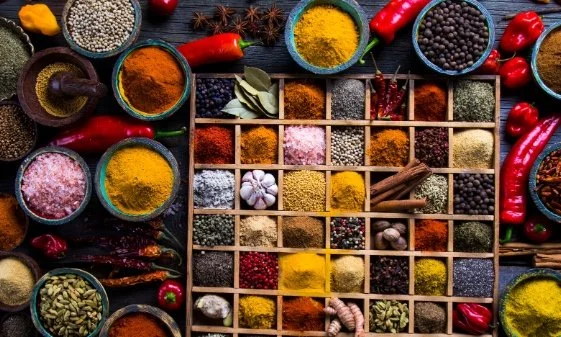
Urban Indian Households Struggle To Cope With Rising Food Prices
Indian households in large cities and nearby suburbs are feeling the strain of higher food prices even as they adapt in creative ways, according to a report. About six in 10 households can pay their bills and save a little, but roughly four in 10 say they are either barely coping or financially insecure. Food inflation and volatile vegetable prices have made cost of living the top risk Indians see for the coming year.
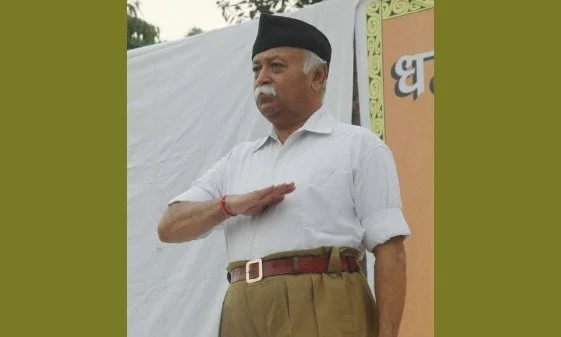
Prime Minister’s Praise for Bhagwat Blurs Line Between State and Ideology
Prime Minister Modi marked the 75th birthday of Mohan Bhagwat, head of the Rashtriya Swayamsevak Sangh (RSS), with a newspaper tribute calling his tenure the most transformative in the RSS’s 100-year history. This links the authority of the Prime Minister’s office with an unelected ideological group, and therefore raises concerns about political neutrality, ethical conduct and the symbolism of state alignment with a single worldview.
